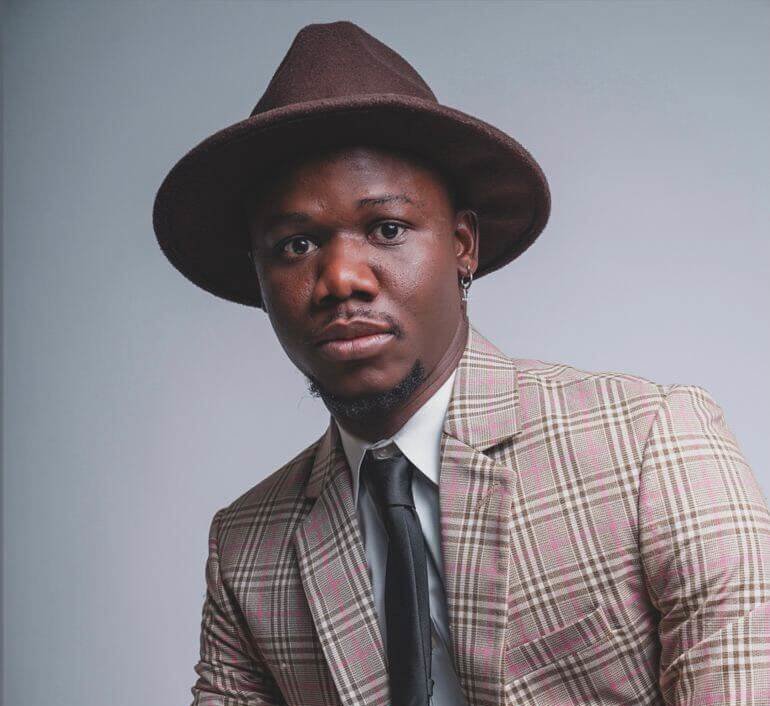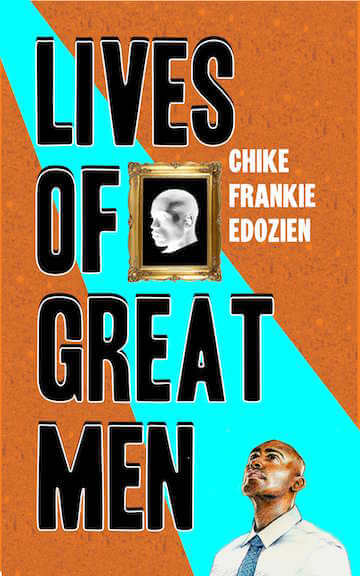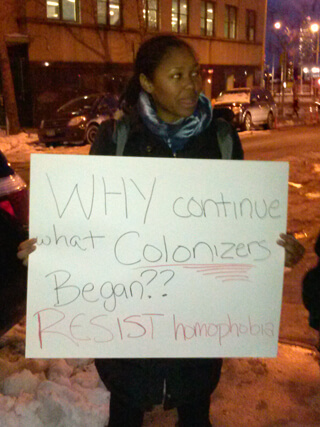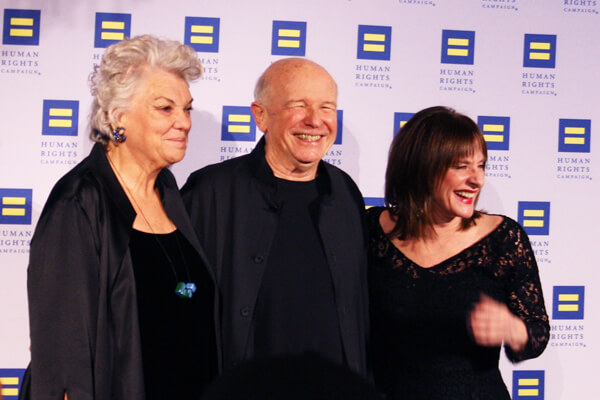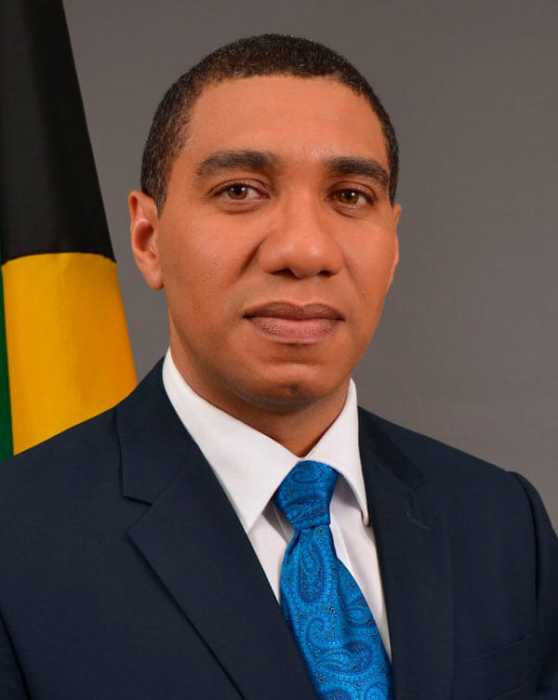Uchechukwu Onwa, a gay immigrant from Nigeria, said he knew it was time to leave his home country when a group of men brutally raped his teenage friend for appearing “effeminate.”
Months after the sexual assault, Onwa’s friend tested positive for HIV — and shortly after that he died by suicide.
“Losing my friend in this kind of way really got to me,” Onwa, 29, of Flatbush, Brooklyn, said in a Zoom interview with Gay City News. “I was so scared and terrified because I was just thinking that the same people that did this to my friend will come for me.”
Onwa, a coordinator at the Queer Detainee Empowerment Project (QDEP), an advocacy group assisting LGBTQ immigrants, said that incident was one of many that inspired him to get involved in social justice work. Onwa has witnessed the disparate impact of COVID-19 on queer detainees who have lost mental health support groups due to the pandemic — and he pointed to the death of former group member Faby Federick, a Black trans woman from Costa Rica, who died by suicide in March after being detained in an Immigration and Customs Enforcement (ICE) detention center.
Back in his home country, Onwa began advocating for queer individuals who were targeted for their sexual orientation and gender identity — but that work put his life at risk. In 2014, Goodluck Jonathan, the former president of Nigeria, signed the Same-Sex Marriage Prohibition Act, which criminalized LGBTQ relationships and imposed a 10-year prison sentence on individuals running queer clubs, organizations or who are allies to these groups.
After the law was passed, Onwa said a group of men broke into his home, beat him naked, and threatened to burn him alive.
“This country was not safe for me anymore,” Onwa said. “So the best thing for me to do was either leave this country or stay and die.”
Ahead of his arrival in the United States, Onwa frequently watched the NYC Pride March from afar. It was inspiring, he said, to see others in the US live their authentic lives.
“It was a lot of joy,” Onwa said. “Just seeing people out on the street marching in multiple colors, rainbow colors [and] reclaiming their identity. I was wishing that I could be there one day to march on the street.”
Onwa’s arrival to the United States in 2017 did not go as smoothly as he had hoped. At the airport, he was chained and taken to an ICE detention center. For the first time, the activist said he experienced racism combined with xenophobia. When an officer questioned why authorities covered Onwa’s nose and mouth, an official said, “You know he’s coming from Africa, he could have Ebola, he could have some virus.”
“Why are you guys chaining me?” he recalled asking. “I don’t even know where they are taking me to. Then they drove me [to the ICE detention center]. I didn’t even get to see the beautiful [country] of America.”
After three months, Onwa was released from the ICE detention center. Looking back on his journey, Onwa said he’s in a happier place and is advocating for LGBTQ immigrants who have encountered similar struggles while voyaging to the US.
“I know that there are so many people in other countries, people like me who want to be safe,” he said. “Them not having that opportunity and knowing that I have that opportunity I feel privileged.”
To sign up for the Gay City News email newsletter, visit gaycitynews.com/newsletter.

